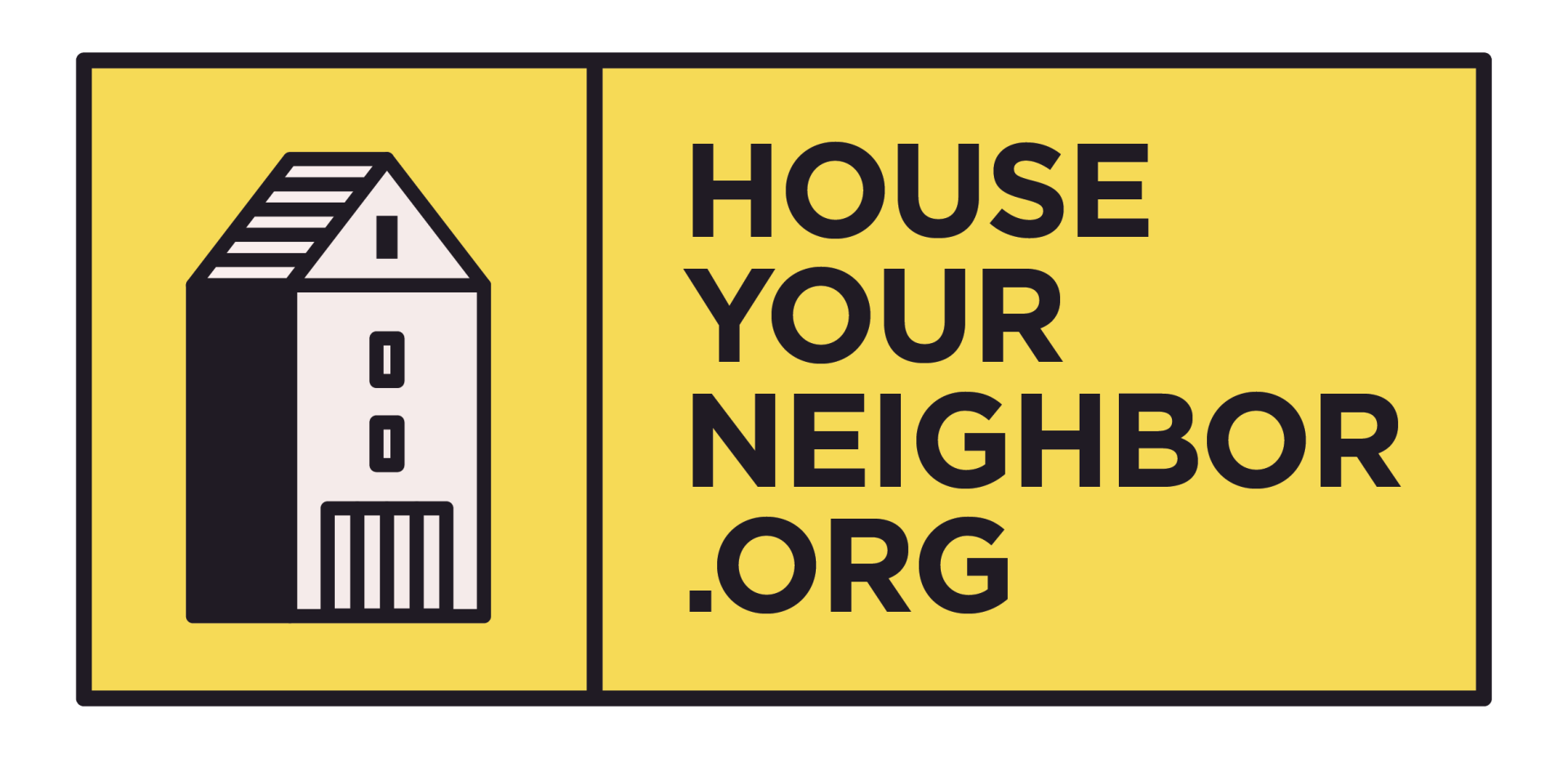The Stories We Tell Ourselves
In our culture, we are particularly wary of strangers. From a young age, we are told to not talk to strangers, to avoid people who might not want to be bothered, to mind our own business. These aren't necessarily bad things–often they are extremely useful in keeping us safe. However, we’ve gotten really good at keeping the wrong people out, but now we can’t seem to find the latch to open that gate back up.
We are stuck in this pattern of closing our doors to anyone that might potentially be harmful or even uncomfortable to us, and forgetting that we can walk out of our doors and through other people's. Hospitality just doesn't belong in our cultural narrative anymore. We no longer see strangers as people to welcome in. Rather, we see them as a threat, to our safety, to our well-being, to our comfort, to our routine, to our convenience. And we've been very busy telling stories that perpetuate this narrative.
Narrative and storytelling are so important to being a human because language–the building blocks of story– creates culture. It is what defines the way we live and the patterns of our behavior. Simply put, stories are important because we believe them, and we are empowered to act in a certain way based on the stories we are surrounded with. We can use stories for extreme good; for example, a person is empowered to forgive their father because they watched a film in which a son forgives
his father, and restores the relationship. We can also use stories for extreme harm; for example, the systematic oppression and dehumanization of people of color in films that portray them as servants, slaves, sidekicks, and villans, rather than as the leading characters we are taught to look up to. This is why representation is so important, because stories allow us to imagine the way our relationships, choices, patterns, and future could potentially look. And we don't see this only in formal stories (books, movies, etc.) but through social media and our other news sources as well.
This causes us to ask: what stories does our current culture tell us about strangers? Consider our obsession with true crime, often about vulnerable people who are attacked and killed. Or TV shows such as "The Watcher," about a man who writes chilling notes threatening to break in and murder the family that has just moved into a new house. In a more benign sense, we see tales of neighbors who spy and meddle, peeking into other people's private business. Less terrifying, but just as unsettling. How does this affect our behavior?
It's not that these kinds of stories are fake, because unfortunately, "stranger danger" is a present reality. But what would it take for us to seek out stories of redemption rather than terror, stories where relationships were created because of radical hospitality?
What would it look like for us to change the narrative, to start telling good stories in our own small spheres of influence that demonstrate love bleeding into relationships, infusing our interactions with kindness rather than hostility?
We spend every day trying to stay comfortable, to maintain the status quo, to minimize risk. But is this connecting our story with others, or isolating us from those who have need by a wall of rejection motivated by fear?
What does it actually look like to be a neighbor? Is it choosing to not get our hands dirty? Or is it responding not with angst, but with eyes willing to see? To respond with compassion and a movable heart? To take action, to make room, to lean in instead of running away? To welcome
in
rather than push out? To love?
We are being asked now,both explicitly and implicitly, who is
our
neighbor? And when we see our neighbors who need love, which narrative will we believe about them? The narrative blasted to us by our society and our politics? Or the subversive, counter-cultural, quiet narrative that changes the world?
Through our stories and our language, we can soften our borders, changing the narrative from a frightened apprehension to a radical love.



